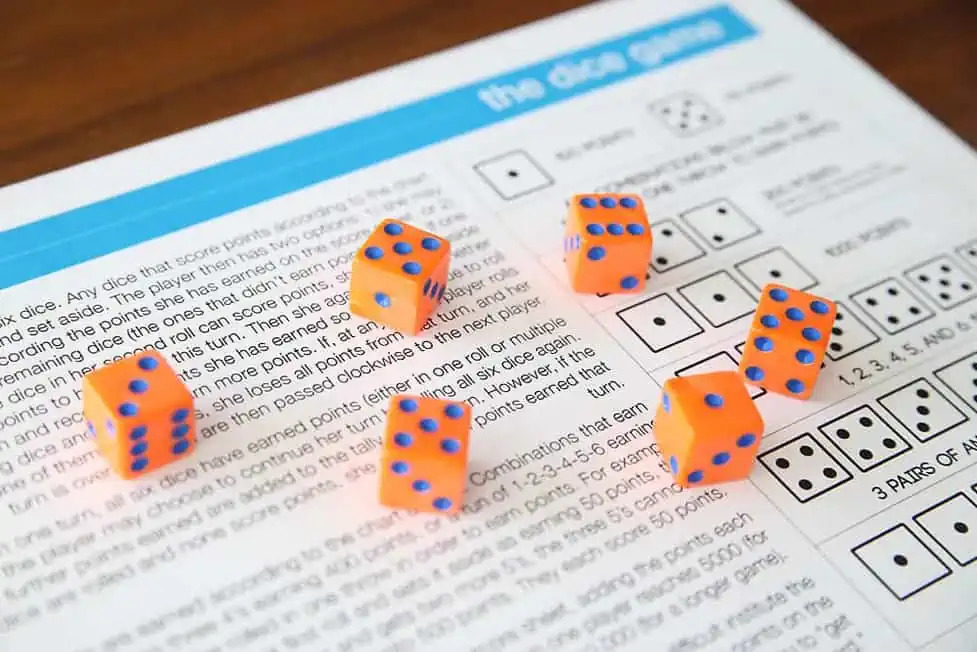
Rolling Right: Essential Tips for the Dice Game Novice
The age-old game of dice has been a source of entertainment, chance, and strategy for countless generations. Whether you’re hoping to delve into traditional dice games, modern board games with dice mechanics, or simply enjoy the occasional gamble, understanding the fundamentals is key. This guide is tailored for those new to the world of dice, offering insightful tips and strategies to help you roll with confidence.
The Basics of Dice
At their core, dice are six-sided cubes with numbers or pips on each face. While the standard die has numbers ranging from one to six, there are various types of dice, including those with more or fewer faces. It’s important to recognize the type of dice a game requires and how they influence outcomes.
The sheer randomness of a dice roll is what makes dice games intriguing. Yet, it’s not solely about luck. Many dice games incorporate elements of strategy and decision-making, balancing chance with skill.
Remember, dice games, especially those in gambling, can be addictive. Always play responsibly, setting limits for yourself, and avoid chasing losses.
Understanding Probability
While you can’t control the outcome of a dice roll, understanding the odds can inform your decisions. For a standard six-sided die, each face has a 1 in 6 chance of landing up. So, if you’re hoping to roll a ‘6’, there’s a 16.67% probability of that happening. Knowing these odds can be crucial in games where stakes are involved.
Choosing the Right Game
There’s a plethora of dice games out there, each with its unique charm and challenge. Classics like Craps or Liar’s Dice are perfect for those looking for traditional experiences. Modern board games, on the other hand, often incorporate dice in innovative ways, blending strategy with chance.
When starting, it’s beneficial to choose games with simpler rules. This allows you to focus on mastering the basics before diving into more complex endeavors.
Developing a Strategy
Even in games of chance, a well-thought-out strategy can increase your odds of success. While you can’t predict individual dice rolls, observing patterns, making calculated risks, and adapting to the game’s flow can tilt the scales in your favor.
Practice is key. The more you play, the better you’ll become at discerning when to take risks and when to play it safe. Engaging with seasoned players and learning from their tactics can also provide valuable insights.
Remember, the goal is to enjoy the process. While winning is delightful, the thrill of the game and the camaraderie it fosters are what truly matter.

Etiquette and Fair Play
Good sportsmanship is pivotal. Whether you’re on a winning streak or facing a series of losses, maintaining decorum, respecting opponents, and adhering to the rules are non-negotiable. This not only enhances the gaming experience but also earns you respect in the dice-playing community.
Using dice that are unbiased and in good condition ensures fairness. If you suspect a die is biased, it’s best to replace it. In formal settings, it’s customary for players to use shared dice to ensure an even playing field.
Joining the Dice Community
The world of dice is vast and vibrant. Joining local or online dice clubs can enrich your experience, offering opportunities to learn, play, and bond with fellow enthusiasts. Attending dice conventions or tournaments can also provide a deeper dive into this captivating realm.
Whether you play for leisure, competition, or both, the dice community is welcoming and inclusive, ready to embrace newcomers with open arms.
